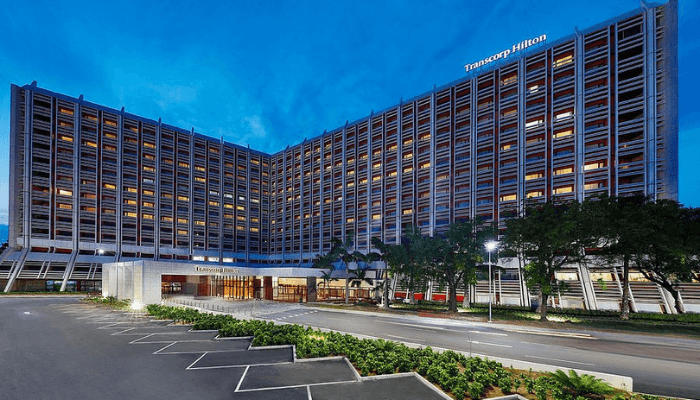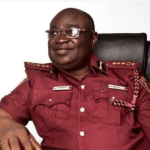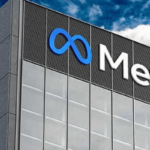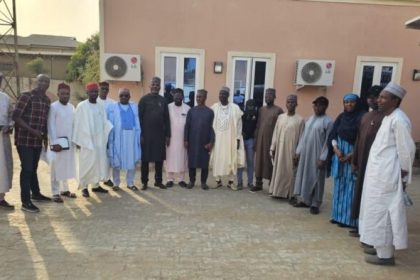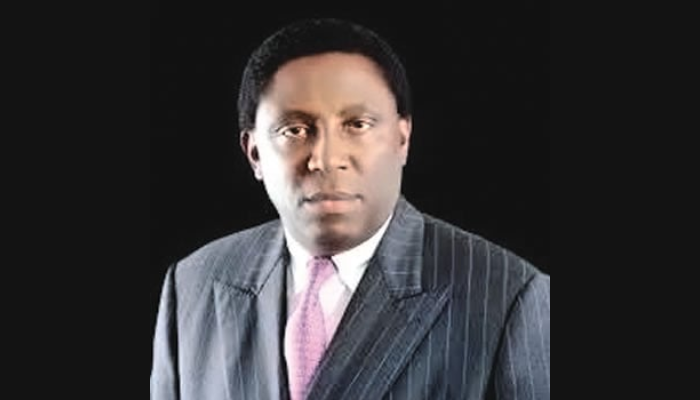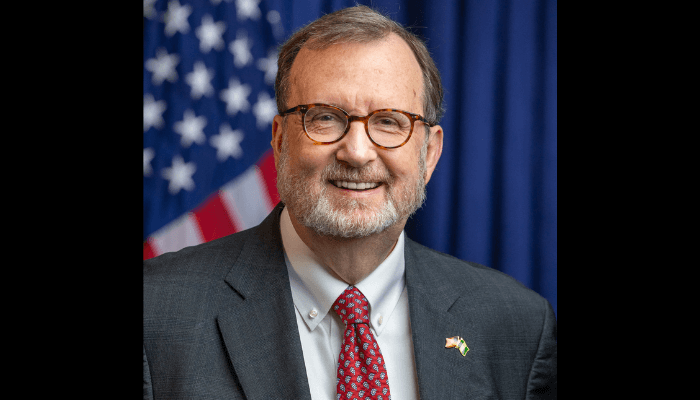There’s something about the word “conference” that sounds official, purposeful. And for a country like Nigeria, where the public purse has for decades been likened leaking purse, a ‘National Conference on Public Accounts and Fiscal Governance’ sounds like just the kind of thing we need.
From Sunday 6th to Thursday 10th July 2025, the Public Accounts Committee of the House of Representatives have booked the Transcorp Hilton in Abuja to host a five-day meeting of policymakers, lawmakers, auditors, technocrats, and anti-corruption crusaders for its conference. It’s the first of its kind, and the ambition is to reset Nigeria’s battered fiscal culture, tighten accountability systems, and restore public confidence in how the country’s money is managed.
But as the roll call of participants grows longer, Nigerians are asking one question: Will this be more than just another conference? It comes at a time when public trust is running low and audit red flags are piling up. Over ₦250 billion in government funds have gone missing, according to a recent report from the Office of the Auditor-General, a fact openly acknowledged by PAC Chairman, Bamidele Salam.
Furthermore, more than 60 percent of Ministries, Departments and Agencies (MDAs), have flouted financial regulations. Budget overspending, unauthorised virements, and poor recordkeeping have become routine, according to Salam.
Salam insisted that the gathering is an attempt to gather minds and chart a way forward, and is no mere talk shop.
“If Nigeria is to reap the full benefits of the fiscal reforms initiated by the Tinubu administration. We must seize the opportunity of this conference as a platform for high-level national policy dialogue”, the chairman said while briefing journalists last week.
But outside the walls of the House Chamber, the mood is more sceptical than celebratory.
Nigerians aren’t just worried about missing funds; they’re also tired of missing results.
One social media user, Innocent Azih, summed up the mood on X:
“How can a permanent committee of the House of Reps tell Nigerians to their face that ₦250 billion is missing from national accounts without digging further and finding out where it went? What is the essence of such a standing committee? What is its mission achievement?”
Conferences like this often result in lofty communiqués and photo-ops, but rarely in firm action or published timelines. Nigerians want to see consequences — names named, systems improved, money traced, and most of all, a shift in culture.
More so, the House of Representatives itself is not always seen as a model of fiscal discipline. Over the years, criticism has trailed opaque budgets, questionable constituency project spending, and a lack of public financial disclosure. So when lawmakers take the lead on public accountability, Nigerians naturally ask — will they hold themselves to the same standard? This is the heart of the matter.
Nigerians want lawmakers to show that the rules apply across the board. That no institution, including the House itself, is above scrutiny.
The conference agenda includes talks on harmonising public accounts frameworks at the federal and state levels, enhancing post-legislative scrutiny, adopting digital tools for financial reporting, and strengthening enforcement mechanisms. It’s a serious, thoughtful framework — on paper. But as any Nigerian will say, we’ve seen good papers before. What matters now is execution.
The success of this conference won’t be measured by the speeches made or dignitaries present, it will be measured by what happens after July 10th. Will audit reports be fast-tracked? Will erring MDAs be publicly held to account? Will there be a system in place for civil society to monitor reforms? Will lawmakers themselves open up their own books? Until those questions are answered with action, the public will remain wary, and justifiably so.
Still, the fact that the conference is happening at all is a step. It signals that lawmakers know the pressure is on. It shows that fiscal governance is now a front-page issue. And perhaps, just perhaps, it offers an opening for genuine reform, if the political will follows through. So, there will be panels and position papers and even a buffet. But Nigerians will be watching not for the event itself they’ll be watching what comes next.
The Reps have booked the Hilton. Now they need to book progress.




